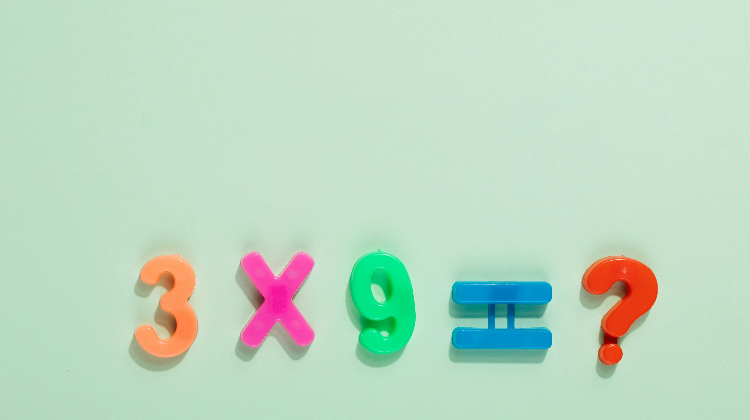Living with dyscalculia
Simply not neurotypical

As a neurodivergent student, I am extremely excited about the NeUUrodivergence programme coming soon to allow students and teachers to understand each other better from a whole new perspective. I remember when I was seven years old, attending elementary school, and my teacher was mocking me for not being able to make calculations in my head like the other kids. Truth is, I still can’t do that nowadays.
I never learnt to do Math without a pen and paper, and I found it extremely difficult to just create and follow patterns unless I was writing them down. My teacher just told me I needed to study more Math. At some point, I started learning the results of simple additions - such as 2+2 - by heart, but the problem came back when the calculation was 13+28 or something similar.
Years later, once I had already graduated high school and never received a grade higher than 5.5 in Math despite five years of private lessons, I was diagnosed with dyscalculia. For those of you who are lucky enough to know how to add and subtract numbers in your heads and therefore have no idea what I am talking about, dyscalculia is a learning disability, much like dyslexia but for Math. I struggle with solving problems step by step, and following patterns, and I cannot count objects around me unless I’m pointing to them with my finger, like a little kid. I also struggle immensely with counting backwards when numbers are bigger than 10.
A teacher who had the slightest idea of what a learning disorder is would have recognised the signs instantly when I was called to the blackboard to solve an equation and had a panic attack instead. Unfortunately, that was not the case with my teacher. I forgot what her face looked like because when I think about her, all I can see is the witch from Snow White. She had zero patience and clearly hated her job.
Nowadays, I panic at the supermarket when receiving my change and the employee asks me to check if it’s right, or when I am out with friends and we decide to share the costs of what we are eating. Luckily, my friends know about it and always try to accommodate me as I accommodate them with their issues. In Italian, we have a saying that recites chi si piglia s’assomiglia, which means literally “people who stick together are definitely alike”, and maybe that’s why my entire friend group is LGBTQAI+, mentally ill, or neurodivergent. Thanks for coming to my Ted Talk.